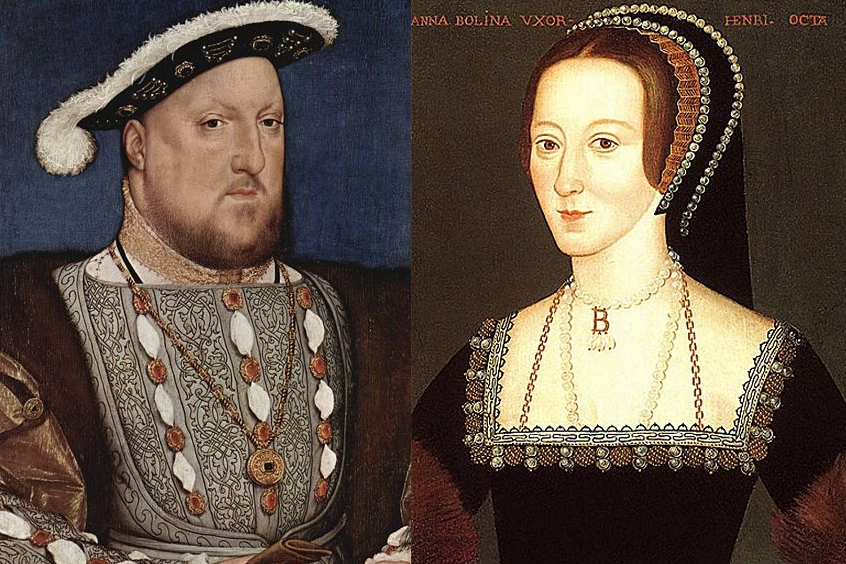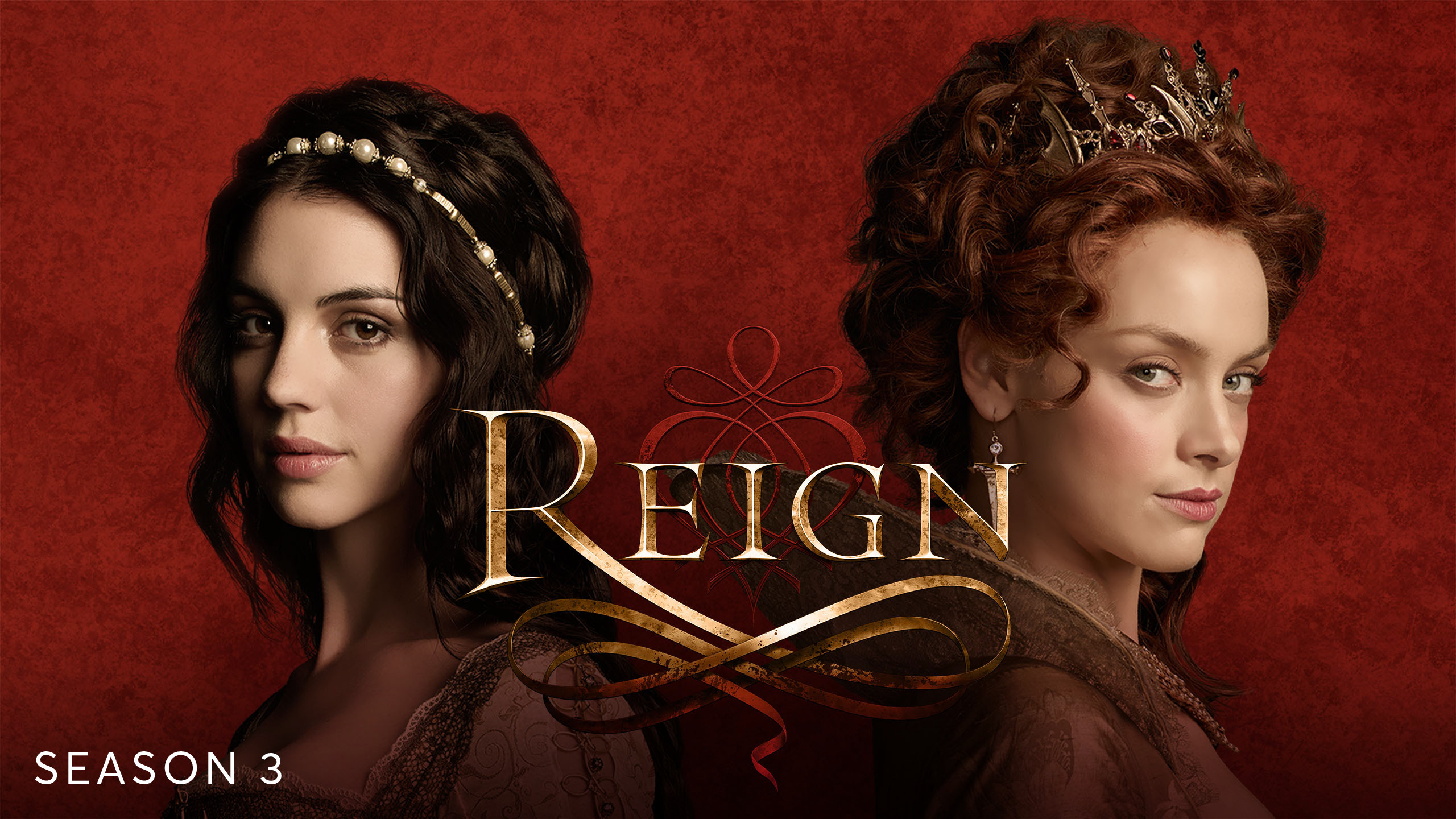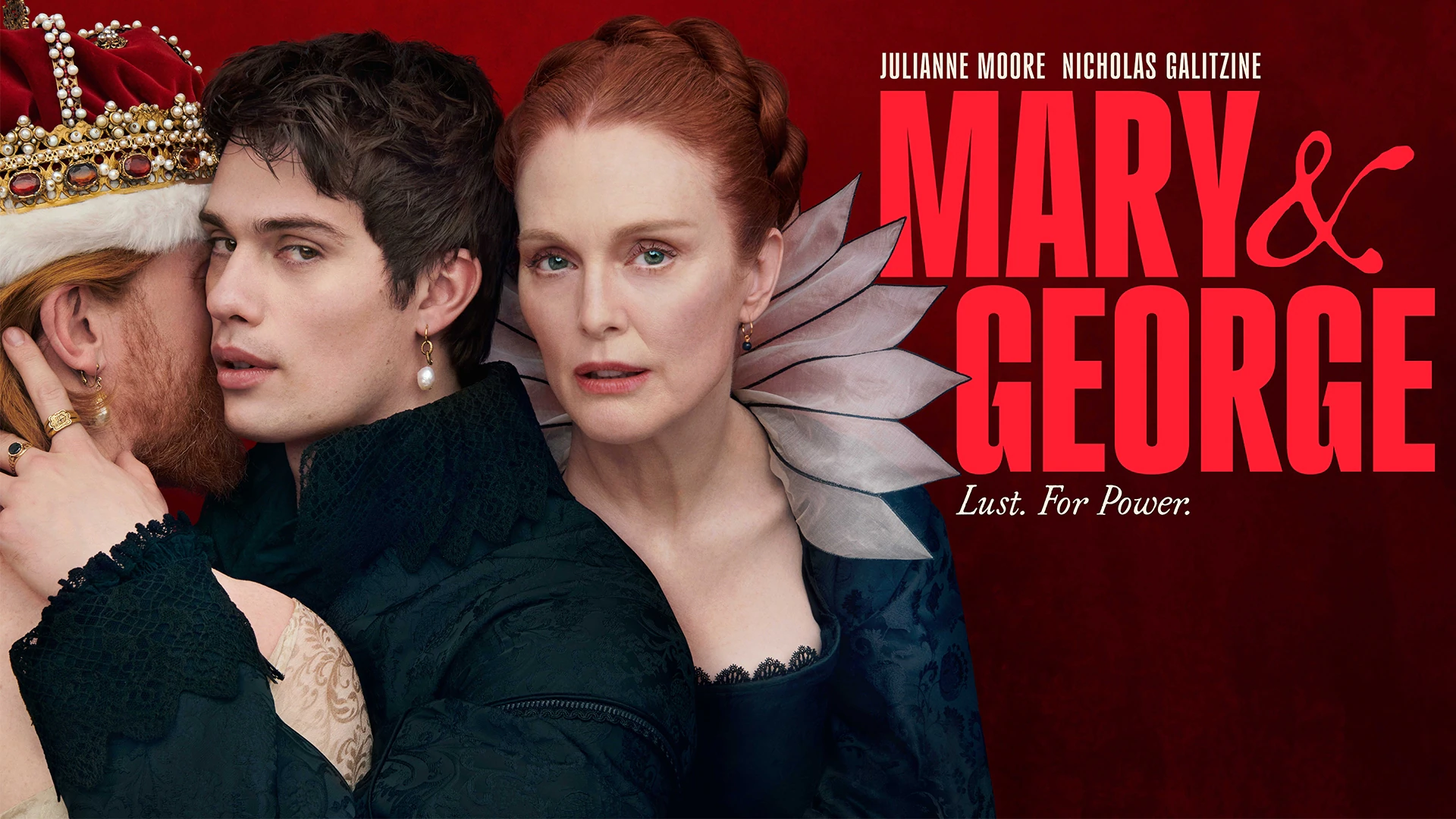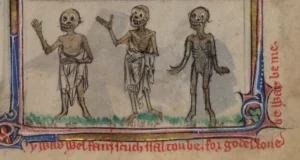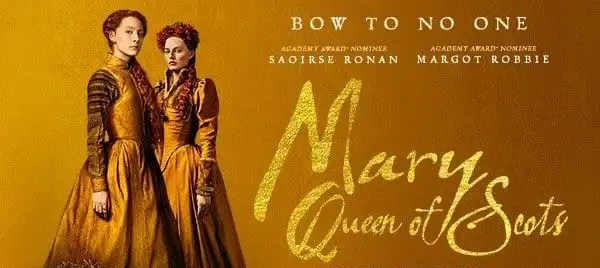The most frequently asked question of 2017 (on this blog at least, I missed it at Prime Minister’s Questions) was: Did Henry VIII have sex with Anne Boleyn? Now I’m assuming that this refers to premarital sex as we can say with some certainty that they slept together after Anne became Henry’s Queen in 1533. Anne Boleyn is, of course, famous for her refusal to sleep with Henry before she was his wife, an event that would not occur for six years after she made this decision. While we cannot say for certainty when it was that they consummated their relationship, they are thought to have done so around the end of 1532 either during or shortly after the two visited Calais. The short answer is accepted as yes, Henry and Anne probably slept together before they were married, but by a matter of weeks, rather than years.
Anne’s decision
In 1526 Henry VIII began courting Anne Boleyn, but unlike the other women he had taken a fancy to, Anne didn’t exactly fall at his feet. On the contrary, she removed herself from court and returned to her family’s seat at Hever. She refused his advances, rejected his gifts and determined to not become his mistress. Of course, even if she meant this at face value she was not fool enough to outright reject him and bring his wrath down upon her and her family. Instead, she kept him guessing as to her intentions, possibly in the hopes that he would move on to someone more amenable. A year later he was still none the wiser, complaining in a letter to her that he had no idea where he stood with her. Almost five hundred years later and historians are still trying to determine the same thing.
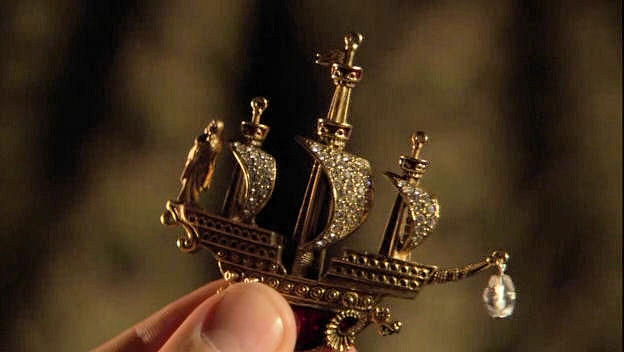
In interpreting Anne’s reaction to the king the two most obvious camps are – Team Anne the cynic and Team Anne the victim. The former suggests that Anne deliberately withheld her affections to stir the king’s interest and secure a promise of marriage from him. The latter takes her rejection at face value and Henry’s disregard for her protestations as bordering on sexual harassment. Somewhere in the middle ground Anne was probably not holding out for marriage, an unlikely prospect given that Queen Katherine was alive and well (Henry’s existing reservations regarding the validity of his marriage notwithstanding), neither did she want to become a mistress to be swiftly cast aside while she was in the marriage market. It was unusual in the extreme for Henry to pursue her at the expense of all others over such a long period of time, and after a year she had to give an answer one way or the other.
Anne had refused the king’s offer of a casual dalliance and his offer to make her his sole mistress at court had apparently caused her great offence. They obviously came to some arrangement for in 1527 Anne sent Henry a gift that has been interpreted as her acceptance of a proposal. The gift itself was a jewel depicting a ‘storm-tossed maiden’ on a ship, and Henry’s letter to Anne after receiving it shows exactly what such a gift meant; they were engaged to be married, and that Anne still refused to sleep with him.
“…assuring you, that henceforward my heart shall be dedicated to you alone. I wish my person was so too. God can do it, if He pleases, to whom I pray every day for that end, hoping that at length my prayers will be heard.” – Henry VIII to Anne Boleyn July 1527
In ‘The Life and Death of Anne Boleyn‘ Eric Ives suggests that as well as an engagement gift, the jewel was a way of Anne entrusting her virginity to Henry. When she made this decision she more than likely had no idea just how long she would be held to it.
The Interlude
For the moment Anne wouldn’t have to worry about holding her affianced at bay – in the letter in which he accepts her gift, Henry says, “I wish the time may be short, but I shall think it long till we see one another.”
Now that the two were engaged, it was necessary that Henry actually divorce his existing wife. While he did so, Anne would remain at Hever, away from court so there could be no scandal that Henry had already lined up his next queen. The two thought that Katherine would take religious orders, or step aside gracefully (a move not without precedent when a Queen was unable to bear further children) allowing Henry and Anne to marry without fuss. Katherine, however, felt she had no call to the religious life and was content with her lot, a lot she fought for with every means available to her.

The divorce fell at the first hurdle (as it would every subsequent hurdle for the next six years) when Henry’s envoy found the Pope under the control of Katherine’s nephew, with access to him severely restricted. The envoy returned without a modicum of success so Henry determined the judgement would be passed in England, something which both the Pope and Katherine disputed. Neither Anne or Henry could have imagined just how long they would be waiting to consummate their relationship, and Henry’s letters to her in the first year of the ‘Great Matter’ reveal how they felt resolution was constantly on the horizon.
“…with God’s grace, shortly I trust shall be proved, but not so soon as I would it were; yet I will ensure you that there shall be no time lost that may be won, and further can not be done…” – February 1528
“No more to you at this time, but that I trust shortly our meetings shall not depend upon other men’s light handlings, but upon our own.” – July 21st 1528
“As touching our other affairs, I assure you there can be no more done, nor more diligence used, nor all manner of dangers better both foreseen and provided for, so that I trust it shall be hereafter to both our comforts, the specialities whereof were both too long to be written, and hardly by messenger to be declared.” – August 20th 1528
“…I trust by the next Monday to hear of his [the papal legate’s] arrival at Calais: and then I trust within a while after to enjoy that which I have so long longed for, to God’s pleasure and our both comforts.” – September 16th 1528
We can see here that Anne spent most her time away from court, but with no firm solution in sight, she eventually returned, taking up lodgings close to the king. On one hand, this meant that their hand was tipped and everyone knew Anne was the Queen in waiting, on the other it allowed Anne to take advantage of all that position entailed. But for now, all the world knew that Anne was Henry’s mistress, what they didn’t know was that she still hadn’t slept with him.
The Deed
In 1529 Chapuys reported an outburst from Anne in which she said, “I have been waiting long, and might in the meanwhile have contracted some advantageous marriage, out of which I might have had issue, which is the greatest consolation in this world; but alas! farewell to my time and youth spent to no purpose at all.”
Anne’s reference to how she ‘might have had issue’ clearly shows that she had still not slept with him, as well as a reminder of the sons he was missing out on as the process dragged on. That is not to say their relationship was purely emotional. In his letters, Henry refers to ‘kissing her dykkys [breasts]’ as well as kissing her generally and sharing private moments, so they were obviously physical to some degree.

From 1528 far greater court was paid to Anne than Katherine and 1531 saw Henry formally split with Katherine. He left for Windsor castle with Anne by his side, and it would be the last time Katherine would see her husband. The following year Henry and Anne prepared for their marriage in earnest. They planned to visit King Francis in France, where it was rumoured they would marry, rumours which Anne freely encouraged. Prior to the trip, in September 1532 Henry invested Anne as Marquess of Pembroke. As well as an appropriate rank for a future queen, the investiture specified that the rank would pass to any sons that Anne had. Usually, such a thing would refer to legitimate sons, that it didn’t might suggest that Anne and Henry were planning to finally consummate their relationship and were making allowances for their children if their marriage continued to be obstructed.
Anne went to France as Henry’s consort, complete with Queen Katherine’s jewels. Because there were no suitable women to greet Anne which would have allowed her to be formally presented at Francis’ court. Instead, Francis met her at Calais where she was well received. After the visit, Henry and Anne had to remain at Calais for a few days while the weather turned, and it was around here that they probably slept together for the first time.
The trip to France marked a turning point in Anne’s relationship with Henry. Although she had already been acknowledged as the future Queen in England and was holding court accordingly, Anne’s position was still a precarious one. She was dependent entirely on the king’s favour and if he turned against her she could have been dismissed at any point and would have had nothing to show for it. By the end of 1532 she was the Marquess of Pembroke and had been presented as Henry’s betrothed to a foreign royal, there was little else to secure but the marriage itself, which might have happened the day they landed on English soil in a secret ceremony. From this point, Anne and Henry lived as man and wife, and she was pregnant by January. Another wedding ceremony followed in January with the marriage declared valid in May and a coronation in June 1533. That Anne fell pregnant so quickly must have been gratifying to the couple who had waited so long to actually bed together, even if that child would not be the son they both wanted. Because of the timing of her pregnancy, they might well have waited until the secret ceremony in November before they slept together, but it is likely that Anne finally admitted Henry to her bed in the weeks before, when their marriage was all but assured.
If you’d like to join me for more fun and games in picking apart history, and other behind the scene tangents, you can support me via my Patreon.

